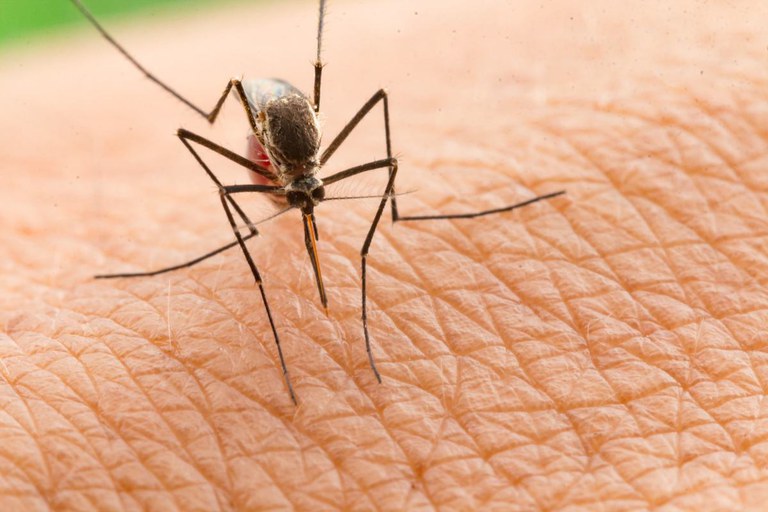Research predicts stability of mosquitoborne disease prevention
Problem
Can biocontrol interventions be deployed effectively to slow the spread of vectorborne diseases?
- More than half of the world's population lives alongside Aedes aegypti, the mosquito that transmits dengue, Zika, and other often deadly viruses.
- A naturally occurring bacteria, Wolbachia, has demonstrated an ability to control the spread of disease, but researchers are concerned that the mosquito could evolve a resistance to the beneficial bacteria.
Findings
A team of international researchers based at Penn State investigated the stability of Wolbachia-induced virus blocking, suggesting that this benefit could be sustained over time.
Impact
This research reveals a possible mechanism for the blocking trait in that the newly discovered genes alter the virus's ability to enter cells, replicate within them, and then exit. By defining this mechanism and understanding how selection might act upon it, scientists will be better able to predict the efficacy of Wolbachia as a biocontrol agent.
Research Area: Integrated Health Solutions
Research Credit
Team
- Elizabeth McGraw, Suzanne Ford, Johanna Ohm, Leah Sigle, Aswathy Sebastian, Istvan Albert, Scott Allen, Stephen Chenoweth
Participating Departments
Partners
- University of Queensland
Competitive Funding
- National Health and Medical Research Council of Australia
Federal and State Appropriations
- USDA NIFA Hatch Project PEN04608, Accession #1010032
Emerging Discoveries
Research predicts stability of mosquito-borne disease prevention
Published Research
Selection on Aedes aegypti alters Wolbachia-mediated dengue virus blocking and fitness.
-
Ford, S. A., Allen, S. L., Ohm, J. R., Sigle, L. T., Sebastian, A., Albert, I., Chenoweth, S. F., & McGraw, E. A. (2019). Selection on Aedes aegypti alters Wolbachia-mediated dengue virus blocking and fitness. Nature Microbiology, 4(11), 1832-1839. https://doi.org/10.1038/s41564-019-0533-3
Office for Research and Graduate Education
Address
217 Agricultural Administration BuildingUniversity Park, PA 16802-2600
- Email agresearch@psu.edu
- Office 814-865-3136
Office for Research and Graduate Education
Address
217 Agricultural Administration BuildingUniversity Park, PA 16802-2600
- Email agresearch@psu.edu
- Office 814-865-3136



